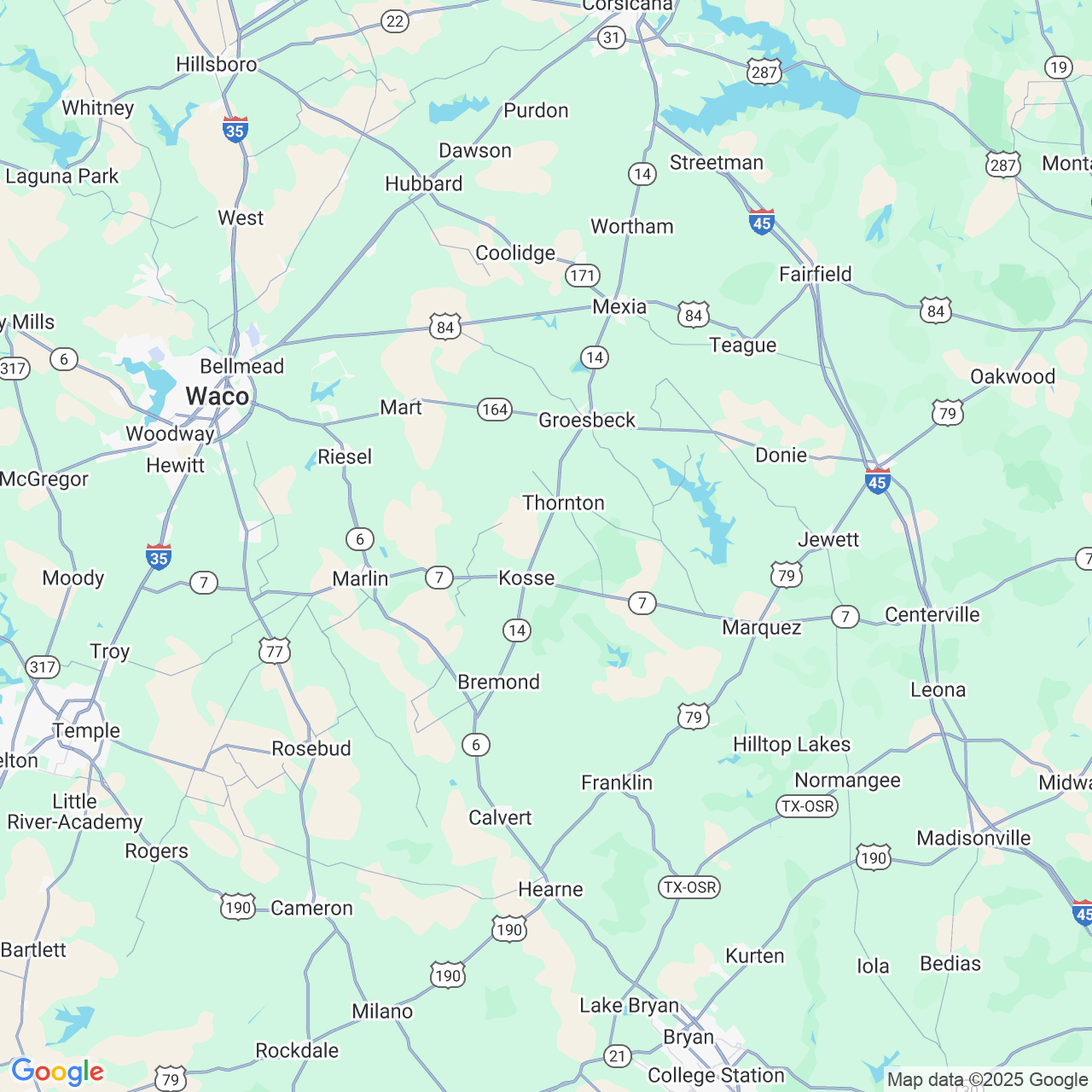Seasonal Hair Loss and Prevention
Fall is the time for pumpkins, changing leaves, cooler temperatures, and more rapid hair loss. What? More rapid hair loss? It may sound like a myth, but seasonal hair loss is a real thing, and now that summer is behind us, you may start to notice that your hair is falling out more quickly than it was.
Seasonal hair loss is the most noticeable at the beginning of autumn - usually in September and October. While you may shed about one hundred hairs per day during the rest of the year, fall tends to cause the fall of more hair than in other seasons.
Phases of Hair Production
To understand why seasonal hair loss occurs, it is important to understand the three phases of hair production.
Anagen - This is the active growth phase, in which the hair grows about one centimeter per month. This phase lasts for about two to eight years, at which time the hair is signaled to move to the catagen phase.
Catagen - this is a short transitional phase, lasting only two to three weeks. During this phase, the active growth of hair is ended, and the hair is converted to a club hair (a hair that is cut off from the blood supply and cells that produce new hair). Once this process is complete, the hair follicle moves to the telogen phase.
Telogen - this is the resting phase of the hair. During this phase, your hair has completed its process and begins to fall out. The follicle that releases the hair stays inactive for three months, and then the entire process is repeated.
So. Now that we know how the hair cycle works, we can better understand how the weather can affect your hair.
How the Sun Affects Your Hair
The short answer is that sun is a major factor in seasonal hair loss, because of how it affects your hair during the summer months. Some of the reasons why include:Melatonin Production - The more sun you are exposed to, the less melatonin your body produces. Melatonin is a naturally occurring hormone that helps regulate your sleep cycles, and receptors in your hair follicles help synthesize melatonin. The less melatonin you have, hair moves more quickly from the anagen to the catagen and telogen phases. This makes your sun exposure in June and July a factor in your loss of hair in September and October.
Prolactin Production - The sun can also help decrease the hormone prolactin, which causes the hair to move to the catagen phase. This means that more sun can reduce the stunting of hair growth by reducing prolactin production.
Vitamin D Production - Vitamin D deficiency can cause hair loss, and since sun exposure increases your body’s production of Vitamin D, more sun means less hair loss.
Stimulation of Hair Growth - Exposing your head to UV rays can stimulate hair growth, as your hair grows fuller and stronger in order to protect your head from damaging rays.
Preventing Seasonal Hair Loss
While you may think that seasonal hair loss is simply a fact of life, you can take steps to prevent it.Increase your melatonin - Fruits such as tart cherry, bananas, pineapple, and oranges have been shown to increase your body’s production of melatonin.
Spend time in the sun - Increase your vitamin D and prolactin production by spending time in the sun every day.
Remember to use sun protection - While the sun can be beneficial to your hair, it can also cause it to get dry and more prone to damage. Putting a bit of sunscreen on your scalp and hair can help prevent sun damage, while treating your hair occasionally with coconut or magnesium oils can help moisturize and encourage growth.
If you experience seasonal hair loss, or hair loss due to other factors, Arocha Hair Restoration can help. Call us today at 713-526-HAIR to schedule a consultation with Dr. Arocha and see what we can do to restore your hair in a natural, beautiful way.



